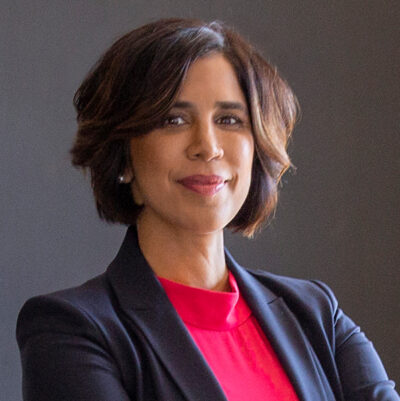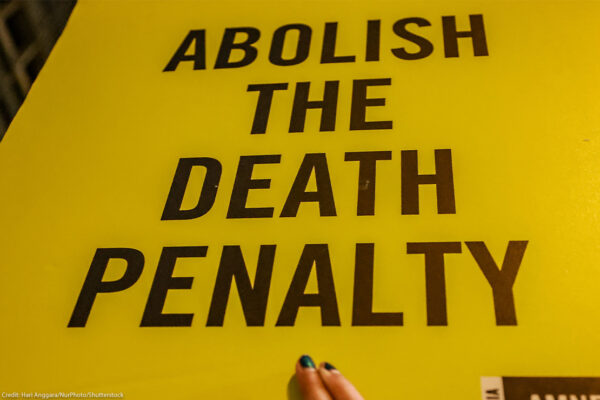New ACLU Report Exposes Systemic Failures Behind Wrongful Death Penalty Convictions
NEW YORK — The American Civil Liberties Union released Fatal Flaws: Innocence, Race and Wrongful Convictions today, a new report exposing how racism, human error, and systemic failures have made wrongful convictions, and particularly the wrongful conviction of Black men, an inevitable consequence of the death penalty system.
Fatal Flaws underscores the devastating and irrevocable human cost of a flawed system – one that robs people of decades of life while waiting for an exoneration, or in the worst of cases – costs innocent life. Despite growing public opposition to the death penalty, there have been more executions this year than any year over the past decade, including of people who had compelling innocence claims.
“Every wrongful conviction reveals not just individual failure, but the patterns of systemic injustice baked into the death penalty itself,” said Megan Byrne, senior staff attorney at the ACLU’s Capital Punishment Project. “The death penalty was built on a foundation of racism, and those roots still shape how it works today. When you combine that history with human bias and political pressure to reach convictions in high profile cases, it becomes clear why wrongful death sentences are not rare accidents, they’re the predictable result of a fundamentally flawed system that fails the accused and the community at large. The only way to prevent wrongful convictions is to end the death penalty once and for all.”
Since the modern death penalty era began in 1973, at least 200 people have been exonerated from death row across the United States. At least 21 others who were likely innocent have already been executed. The report examines the factors that led to these wrongful convictions and highlights the human stories behind them, including Glynn Simmons, who spent 48 years wrongfully imprisoned, the longest known wrongful incarceration in U.S. history.
Key findings in the report include:
Official misconduct from police or prosecutors, including coercing witnesses, concealing exculpatory evidence, falsifying reports, or condoning perjury, is the single most common factor in wrongful death penalty convictions, and particularly for Black exonerees. The report highlights certain counties notorious for this type of misconduct.
False testimony or perjury occurs in nearly 70 percent of wrongful death penalty cases, and it is the single most common factor for Black and Latine exonerees.
Eyewitness misidentification has contributed to one in five wrongful death penalty convictions. Misidentifications are especially likely when the witness and suspect are of different races.
Unreliable forensic evidence plays a role in roughly one in three exonerations. Many discredited forensic techniques like bite mark and hair analysis continue to be used in death penalty cases and lead to wrongful convictions.
Racial bias in jury selection stacks the deck against defendants. Death qualification and racial bias that leads to the exclusion of Black jurors produce conviction-prone juries that do not represent the community.
The report calls on state legislatures and executives repeal the death penalty, expand post-conviction relief and accountability, ensure fair and diverse juries, create meaningful remedies and reparative support for people who have been wrongfully convicted, and strengthen executive clemency and innocence review commissions.
Fatal Flaws: Innocence, Race and Wrongful Convictions is the second volume of a multi-part series on the death penalty. The first volume, Fatal Flaws: Revealing the Racial and Religious Gerrymandering of the Capital Jury, exposes how the process of “death qualification” warps juries in capital trials.
The full report can be found here: https://www.aclu.org/publications/fatal-flaws-innocence-race-and-wrongful-convictions



